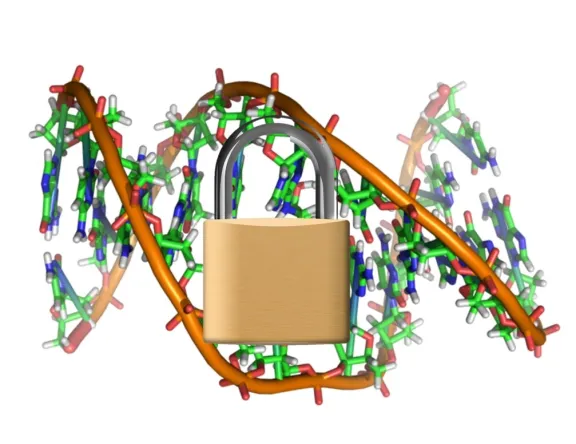
OBR Panel to Spar Over Gene Patents
First, something we can all agree on: As a society, we value innovation, and our governments make special considerations to protect the people who create valuable new tools, techniques and medicines.
Our patent system, for example, grants pharmaceuticals and biotech companies a limited monopoly to recoup the costs of bringing their products to market and to patients. As a rule, patents are granted only for ideas that are novel, useful and non-obvious.
While this seems simple enough, interpretation of patent law can be complicated, and it gets even murkier when applied to living, biological systems.
For example, should people be allowed to patent genes? The U.S. Supreme Court said “no” this past July, when it decided that Myriad Genetics shouldn’t be allowed to hold patents over the human genes BRCA1 and BRCA2, variants of which predispose certain individuals to developing breast cancer.
This ruling overrode two previous decisions by the U.S. Court of Appeals for the Federal Circuit (CAFC) in Myriad’s favor, and it upheld a 2010 judgment against Myriad by the United States District Court for the Southern District of New York.
That this case should proceed all the way to the Supreme Court reflects the contentious nature of the issues at stake, and makes this a landmark case for molecular biology and patent law.
To explore the legal, moral and health care issues surrounding gene patents and the Myriad decision, as well as the implications for bio-entrepreneurship and innovation, Oxbridge Biotech Roundtable-Bay Area invites the local community to convene at the University of California, Berkeley in October for an expert-led debate.
Guest speakers will include Jacob Sherkow, Fellow at the Stanford Law School Center for Law and the Biosciences; John West, CEO of the genome diagnostics company Personalis; Mildred Cho, Associate Director at the Stanford Center for Biomedical Ethics; and William Gunn, Head of Academic Outreach for the reference manager software Mendeley.
Quick Primer: Gene Patents
The Myriad case is framed around a simple question: “Are isolated human genes patentable?” The argument against Myriad’s claims to patents over BRCA1 and BRCA2 essentially asserts that merely isolating DNA that is identical in sequence to its naturally occurring counterpart contains no “inventive step,” and thus that isolated genes are unpatentable products of nature.
In 2010, Judge Robert W. Sweet of the U.S. District Court for the Southern District of New York wrote: “DNA represents the physical embodiment of biological information, distinct in its essential characteristics from any other chemical found in nature. It is concluded that DNA’s existence in an ‘isolated’ form alters neither the fundamental quality of DNA as it exists in the body nor the information it encodes.”
However, Myriad argues that isolated DNA is, in fact, different in character from naturally occurring sequences, being “substantially separated from other cellular components which naturally accompany a native human sequence, such as human genome sequences and proteins.”
Indeed, the U.S. Patent and Trademark Office (USPTO) had granted patents to about 2,000 isolated human genes before this case, based on the premise that isolated genes are real, tangible molecules and thus should be treated no differently than any other chemical compound.
Proponents argue that investors initially put money into Myriad based on expected premium pricing of its services and the promised ability to defend its patents over 20 years, funds that allowed Myriad to rapidly sequence BRCA2 and develop the associated diagnostic tests. They say that such patents encourage investment in biotechnology and actually promote innovation in research.
Opponents contend that Myriad’s claims to these patents restrict research for clinicians, limit scientific progress and are ultimately detrimental to patients, because the lack of competition would keep testing costs high and preclude the possibility of seeking a second opinion.
What do you think? Please join OBR-Bay on October 7 for a lively evening of debate and networking. Registration is free, and details can be found on the OBR-Bay website. Roundtable Review readers in the San Diego area are also welcome to attend a similar debate on gene patents hosted by OBR-San Diego.
This House Believes Genes Should Be Patented
Monday, Oct. 7, 6-9 p.m., Genentech Hall, Byers Auditorium (GH 106), Mission Bay


